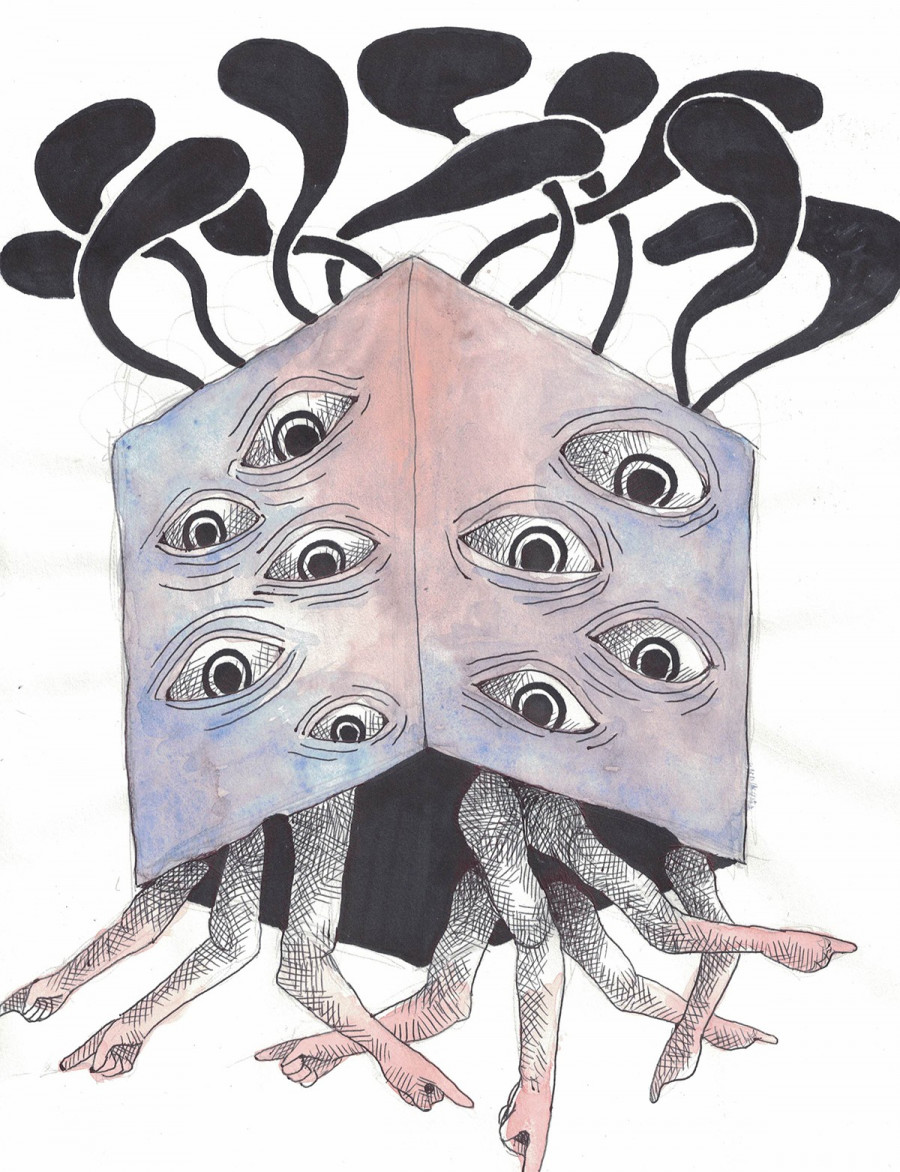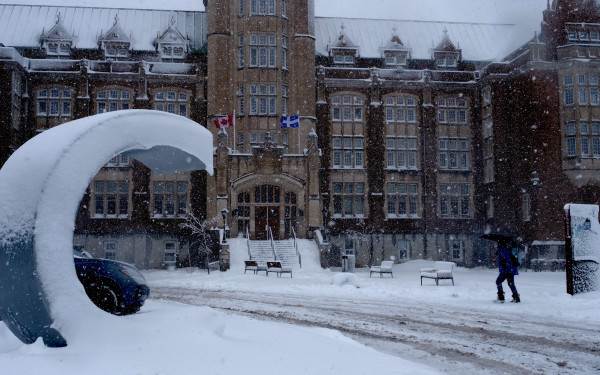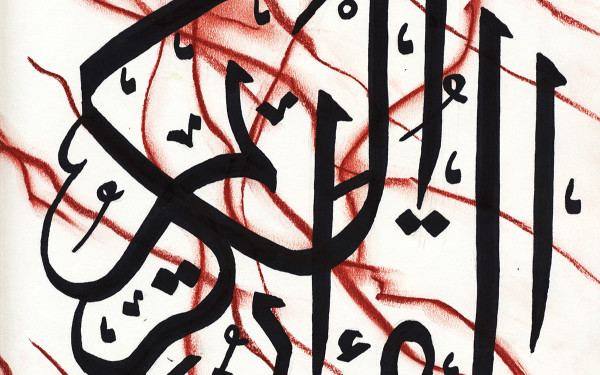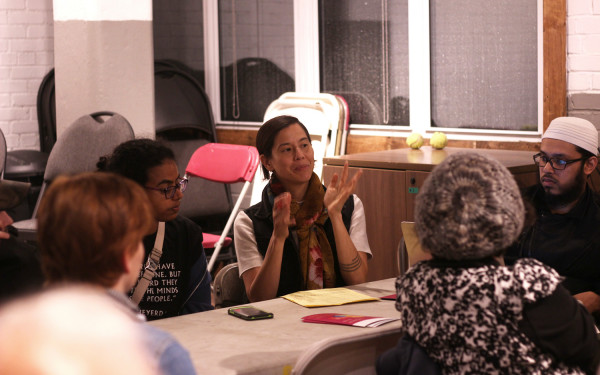Dealing with Islamophobia
When I was six years old, a boy came up to me and asked me if I was a terrorist. I remember feeling unsure and confused about what he meant so I shook my head nervously and walked away.
At home, I asked my father what it meant and his expression told me everything I needed to know.
When I was eight, my teacher gave me various books about Christianity and when I asked other students if they were reading them too, I was shocked to learn that I was the only one. When I was fifteen, a boy in my class asked me if I was oppressed then proceeded to sit down next to me and draw crosses on my arm as I slept.
Islamophobia has been a constant in my short life. When I was younger, I wished I had been born Christian or white—anything to stop me from being another victim of incessant bullying. I asked myself if maybe my religion was wrong—why would so many people hate it if it was right? I thought, maybe my religion does promote violence and hatred. I was confused as I grew up and I found myself wishing I could trade in my entire identity for a small, gold cross that would perhaps protect me from the hate.
It was only when I was 17-years-old when I realized that the faith I was brought up in wasn’t what others thought it was. In fact, I learned more about my religion and realized that Islam is truly about unity and fairness, rather than hatred and violence. I felt angry at the fact that I had spent most of my life being a victim of Islamophobia, and I was even angrier with myself for not fighting against it.
I felt slighted as I realized that people’s misconceptions about Islam were overshadowing the reality. How could I let people who hadn’t even opened the Quran tell me what my religion preached? How did I listen to people’s ignorance for years, and mistake it for knowledge?
Islamophobia is based on people’s misconceptions and misunderstandings, and it intensifies to the point that they genuinely hate a religion they know nothing about. There are billions of Muslims on Earth; if all of them were bad, wouldn’t the world be more chaotic? Most argue that ISIS exemplifies how Muslims are bad. It can be argued though, that ISIS aren’t even Muslims—they actually kill more Muslims than any other group. They don’t follow the most basic, fundamental rule of all—be good. That’s simply what Islam is about. If you don’t believe me, feel free to study it for a while—not through the Internet, but through a religious scholar.
After all of the Islamophobia I’ve encountered, I can still say that I haven’t had it that bad. Mosques are burned down, women’s hijabs are ripped off, and people are killed for looking visibly Muslim in New York. I’ve had mean comments thrown at me, and my self-confidence has been shaken up, but I feel safer living in Canada then I would in the United States. But in 2013, an Angus Reid poll showed that 69 per cent of Québécois people held a negative opinion of Muslims. That stuck to my mind and wondered if I’m really living in an inclusive society.
I wonder if it’ll ever stop. If one day, I’ll be able to say, “I’m Muslim,” without being prepared for defending myself against hate. I wonder if I’ll be able to choose to wear the hijab without being harassed, and I wonder if I’ll still flinch when I hear that a person of Muslim faith has committed an attack.
A petition has been circulating at Concordia against Islamophobia. A Canadian citizen named Samer Majzoub created the petition, which is sponsored by Frank Baylis, a Liberal MP in the West Island. The petition started in June and will be presented to the House of Commons on Oct. 6. The petition isn’t simply a Montreal based initiative—in fact, it’s nationwide. It’s gotten over 55,000 signatures and needs 100,000. I felt curious after reading about the petition online.
Hamaad Nami, President of Concordia’s Muslim Student Association—the group which has been circulating the petition on campus— explained that the two goals are to spread awareness about Islamophobia and to unite Canadians against it.
I’ve spoken to many Muslims about this petition, and most of them scoffed and asked, “Well, what’s it really going to do for us?” I realized that I felt this way too. The pessimist in me just couldn’t believe a petition could really end Islamophobia.
Nami understands that negative attitude and answers with ease.
“I think the most important thing about this petition is the impact that even 55,000 signatures have,” he said. “Just the fact that Canadians are standing up and taking a stance about Islamophobia, about hate and discrimination in general, just that awareness by itself is the biggest impact that we can have.”
Nami also pointed out that this is the first anti-Islamophobia initiative started by Muslims.
His ideas about Islamophobia show optimism. “Muslims just need to be Muslims. Be who we are without hiding anything, because we know what our beliefs are based on, the values that we have and what we have to offer to society,” he said. “We are Canadians and we’re bringing a different perspective and diversity to the greater culture here.”
After listening to Nami’s perspective on the petition, I found myself easily signing it. I want to be able to sit down with a person who might have misconceptions about Islam, and I want to help them understand. The petition is about unity and togetherness.
The petition is truly just the epitome of Canada—it’s a stance against discrimination and although it might not end Islamophobia, it certainly will shine a light on it.
Isn’t that what we all want at the end of the day? Criminalizing might seem like the immediate thing to do, but then there’s the argument of freedom of speech. Shouldn’t people have a right to their own opinion? I believe that people are entitled to their own opinion, as long as it is informed.
That’s what this petition will do. It plans on informing people and bringing awareness to a form of discrimination that I, along with millions of other Muslims, have faced for the longest time.






